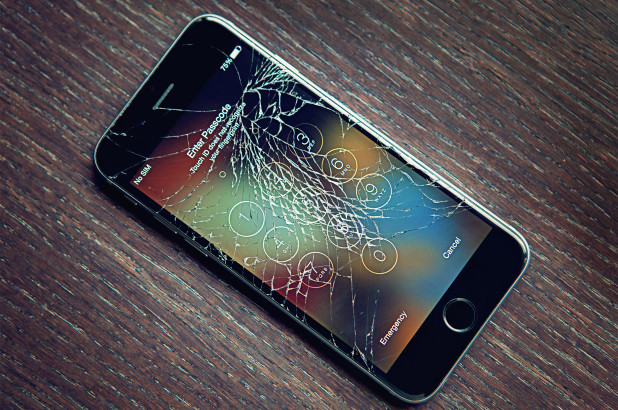
At Public Books, James Edward Draney writes about the misplaced technophobia of commentators who blame our many social ills on the rise of digital devices. These devices, asserts Draney, are the effect of social and economic disintegration, not the cause. To help make his case, Draney turns to Barbara Cassin’s newly translated book Google Me: One-Click Democracy, which demonstrates that the evils ascribed to companies like Google have been around since Ancient Greece. Here’s an excerpt from the piece:
Understandably, political developments of recent years have thrown our techno-moral panic into a higher pitch. Political fear over fake news has replaced sentimentality about the need for solitude in an over-connected age. Yet I can’t help but feel that the origins of the present crisis are deeper than these diatribes against our digital devices seem to suggest. More often than not, we’re too quick to point the finger at the most obvious outward signs of social change—in this case our digital gadgets. Even more worrisome, we tend to assign a strange form of agency to our devices. They “make” us or “ruin” us; they “destroy” some essential human quality. We’re told, over and over again, that our digital devices have ushered in a Brave New World. Yet all too often, such investigations fall into an unhelpful circular logic. Most commentators on our digital condition see our devices as causes rather than effects. What such pundits misunderstand is that our devices—and, more importantly, the labor practices they’ve helped facilitate—were designed to fill a need. In order to discover what need is being filled we must turn away from the hypnotic glow of our screens and direct our attention elsewhere, back toward the human world from which our devices emerged.
Image via New York Post.